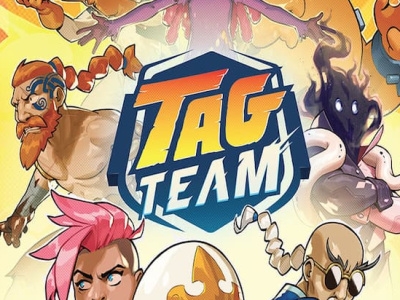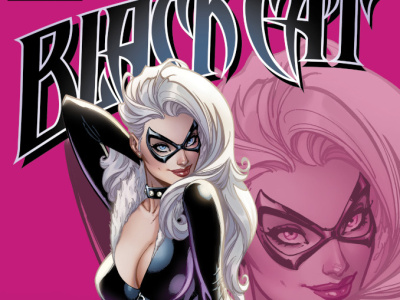CrossGen Comics announced that with the release of Mystic #18, The First #13, and Negation Prequel on November 7th, that it had published 100 consecutive comic releases as scheduled. This is the kind of announcement that shouldn't be news, but in an industry plagued by delays for a variety of creative and publishing reasons, it is. In fact, CrossGen believes that this record is an 'unmatched feat.' We wonder about First Comics, which prided itself on a long record of on-time releases in the 80s, about the Shooter era at Marvel, and about the period when comic publishers shifted artists and writers on books interchangeably to meet their release schedule, but it's definitely true that CrossGen's accomplishment is a notable one and is probably unmatched for at least the last ten years. When the publisher of the industry's best-selling comics missed its release dates on over 40% of its best-selling releases last month (see 'Marvel Strives To Get Back on Schedule'), CrossGen's accomplishment is especially notable.
CrossGen publisher Mark Alessi attributed the milestone to CrossGen's publishing practices. 'Not to pick on any specific publisher, since everyone seems to ship late these days, but I do see our timely shipping and high quality production values as a vindication of our in-house development system,' he said.
Ironically, it was the rise of the direct distribution network for comics in the 80s that led directly to the current situation, in which publishers routinely miss release dates for their books. Prior to the late seventies, comics were all distributed on a returnable basis, and publishers simply substituted 'fill-in' or reprint issues for new work that wasn't completed by the press deadline. In fact, publishers rarely let anyone outside the company know what was supposed to be in any particular issue in advance, which meant that the substitutions for scheduling reasons weren't any different from what was expected. That all changed when comic stores began buying comics on a non-returnable basis, and demanded advance information about what they were ordering to make their orders more exact. Direct distributors and their customers objected strenuously when those contents weren't delivered as ordered, arguing that it changed the product and made the orders null and void. As a result, publishers began the current system of soliciting upcoming issues with specific contents, and delaying or cancelling books that could not be delivered with those contents. Of course there's a solution--only solicit books for which the contents have been delivered to the publisher--but few publishers seem to be willing to lengthen their product pipelines to the degree that makes that possible. So it seems that the comics industry will remain in a situation in which an announcement like CrossGen's is newsworthy for the forseeable future.







